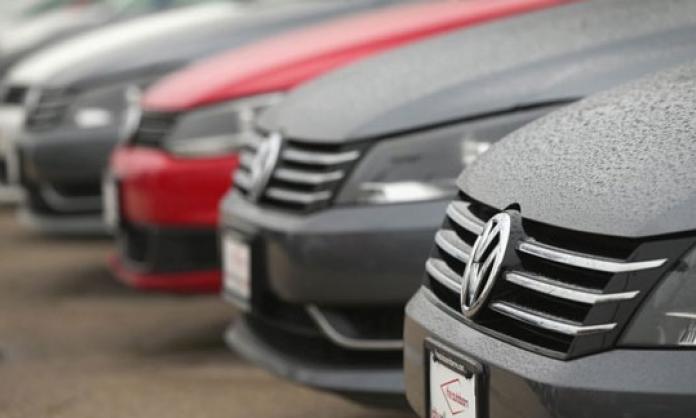A week is a long time in marketing. Just ask German car giant Volkswagen. In the space of a few days, it’s had a clean, green, efficient image, evoked by the advertising slogan “Das Auto” (the car), ripped away, revealing its true status as a world leader in “Die Korruption”: producing cars that spew toxins at dangerous levels and cheating on environmental performance tests to get away with it.
The scandal engulfing VW arose from testing by an independent, non-profit organisation, the International Council on Clean Transportation. Its tests found that emissions of nitrogen oxides (NOx) from a range of VW diesel cars were up to 40 times the limit set by the US Environmental Protection Agency (EPA). Informed of this, the EPA began its own investigation, which found a significant discrepancy between the cars’ emissions during on-road and off-road testing.
Ordinarily, regulators test the environmental performance of cars in “lab conditions”. The problem with this is that the unique, standardised environment of lab testing opens up an easily exploitable loophole.
In a statement, the EPA described the VW cheating as follows: “A sophisticated software algorithm on certain Volkswagen vehicles detects when the car is undergoing official emissions testing, and turns full emissions controls on only during this test. The effectiveness of these vehicles’ pollution emissions control devices is greatly reduced during all normal driving situations”.
The scale of the problem is mind-boggling. According to the EPA, 482,000 cars sold in the US since 2008 are affected. VW has admitted that the number is around 11 million globally.
Nitrogen oxides are highly damaging to human health. Short term exposure to NOx increased the number of premature deaths from heart and lung disease by 0.88 and 1.09 percent respectively, according to a study in the British Medical Journal. The British government estimates that NOx pollution causes the deaths of around 23,500 people in the UK every year.
It’s not only that those buying VW cars were deceived, often paying thousands of dollars extra for a diesel car with, so they were assured, top-class environmental credentials. The VW “cheat” will have a significant impact on human health around the world and contribute to the deaths of thousands of people.
“Blut an den Händen” is another slogan VW could adopt – “blood on the hands”. The company’s operating profit rose 8.8 percent in 2014 to a record €12.7 billion (A$20 billion). Its former CEO, Martin Winterkorn, was paid €16.6 million last year and is set to receive a total pension plan worth at least €30 million.
The company may be punished. The US EPA said that VW could receive a maximum fine of US$37,500 for each of the 482,000 affected cars – amounting to a total of US$18 billion. The cars have been recalled, and likely will be around the rest of the world. Finally, VW will be subject to a barrage of criminal investigations and lawsuits that could result in multiple and significant damages payouts for years to come.
Industry executives, politicians and the media agree that there needs to be an investigation. The story peddled by VW’s newly appointed CEO, Matthias Müller, is that it all comes down to the “unlawful behaviour of engineers and technicians involved in engine development” – the proverbial “few bad apples”, as it were.
But the idea that a handful of lowly boffins would be allowed to act in a way that could, if discovered, cost the company tens of billions of dollars is laughable. Indications are that not only were VW executives aware of what was going on, but they also had complete confidence in their ability to get away with it.
The reason for their confidence is not hard to surmise. The Guardian newspaper reports that, just four months ago, the British, French and German governments launched a joint lobbying effort to retain flaws in European models for testing CO2 emissions – flaws that enable car manufacturers to claim carbon dioxide emissions 14 percent below what they are in “real world” conditions.
In the case of Germany, the collusion between the government and VW may be even more direct. In July, the German Greens asked in parliament about test-cheating software in the car industry. The government admitted that it knew such software was widely used.
According to Greens parliamentarian Oliver Krischer, “The government worked with the auto industry, not to see that emissions levels were reduced, but so that the measuring system was set up to allow the cars to meet the necessary standards on paper”.
So the VW scandal may be just the tip of the iceberg. Already, a report in German car magazine AutoBild has claimed that testing by the International Council on Clean Transportation also found that BMW’s X3 diesel model was emitting almost 12 times the European NOx limit.
VW has reaped windfall profits by cheating the system, at immense cost to the environment and human health. It has done so, it seems, with a wink and a nod from the German government. In a global capitalist economy in which corporate profits rule, the real surprise would be if no one else was doing the same.











